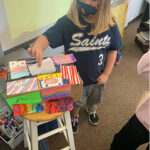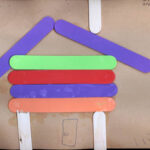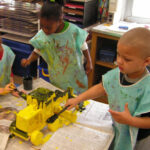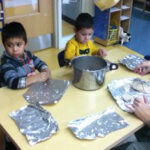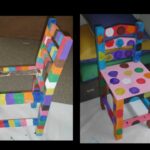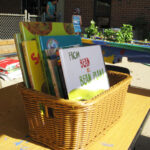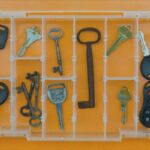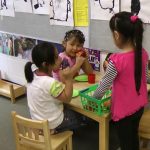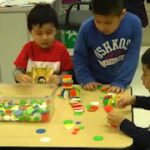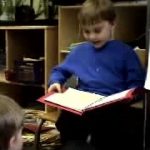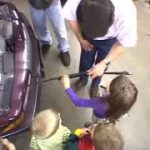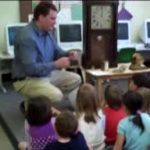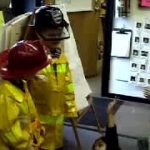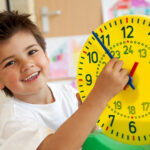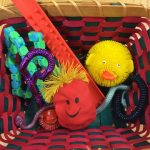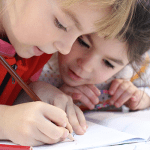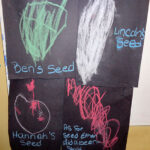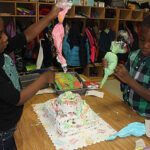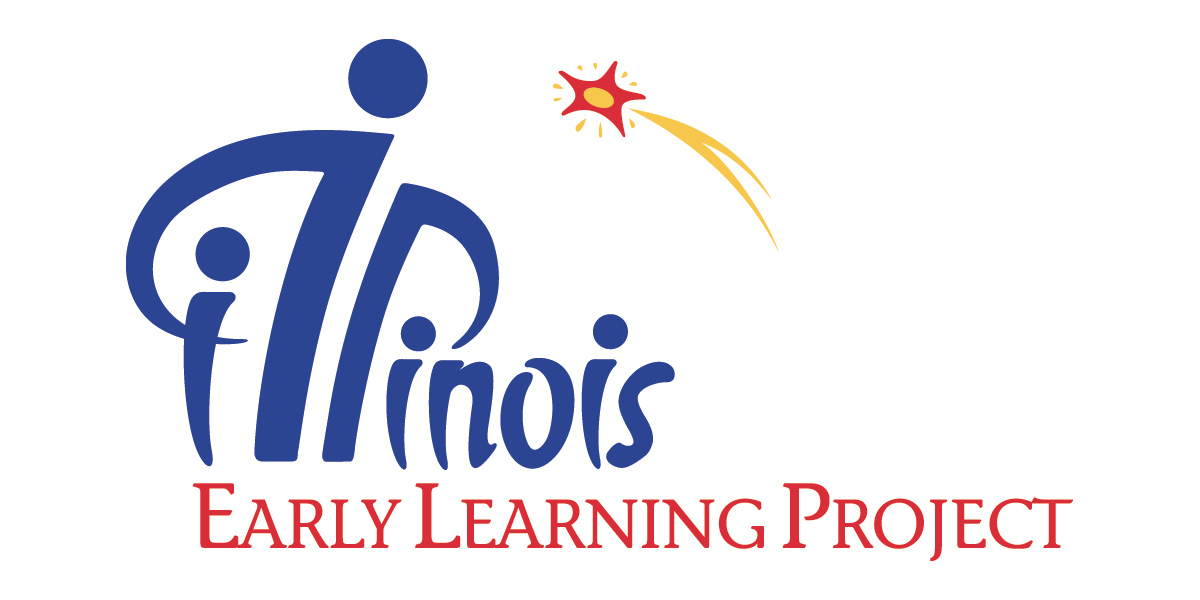Keyword: Social Science
-

Teaching and Learning About Native Americans
These resources contain information for teachers or parents who want to help young children learn about Native Americans.
-
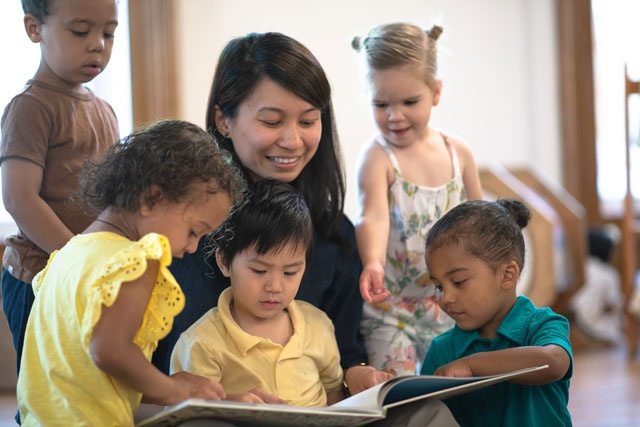
Teaching Young Children About Native Americans
In this blog post, I’ll share some ideas for teaching about Native Americans in early childhood classrooms.
-

Getting Ready to Teach Young Children About Native Americans
Indigenous People’s Day? Native American Heritage Month? You may be wondering how you can help children learn about Native Americans.
-
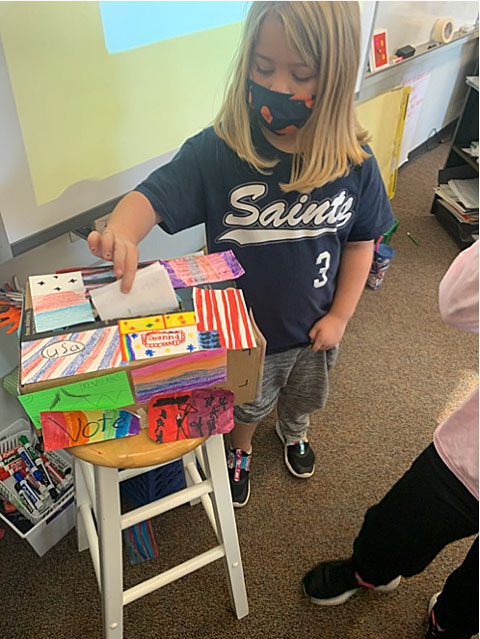
Voting Project
The Voting Project took place during October and November 2020 as many of the children’s family members were engaged in discussions about the upcoming election. Twenty-five second graders and their teacher were engaged in this three-week investigation of the meaning and procedures for voting. The project took place despite challenges presented by the COVID-19 pandemic.…
-
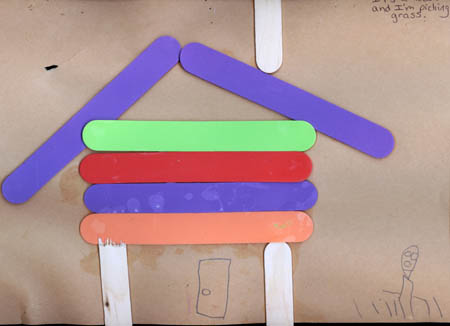
The House Project
Laura Deluca and Sandy DunnPershing Early Learning CenterDecatur, Illinois Decatur is a community of about 76,000 in Macon County. The Pershing Early Learning Center in northwest Decatur houses 17 half-day prekindergarten classes for at-risk children, 6 half-day inclusive classes, 7 self-contained early childhood special education classes, and a parent-involvement program for children from birth to…
-
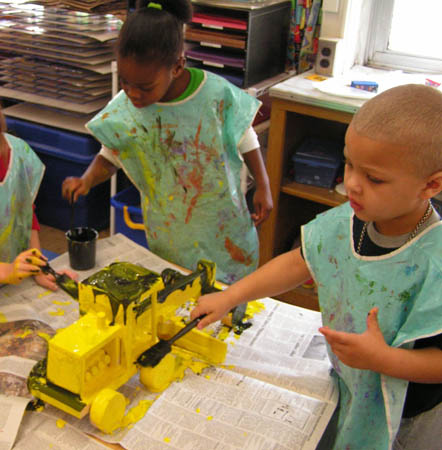
Tools People Use
Karen McFadin and Kim HackPershing Early Learning CenterDecatur, Illinois Our project on tools took place in a half-day prekindergarten classroom at Pershing Early Learning Center in Decatur, Illinois. Children attend for 2.5 hours in the morning or afternoon, 5 days a week. Thirty-three children participated in this project. The morning class included 5 children with…
-
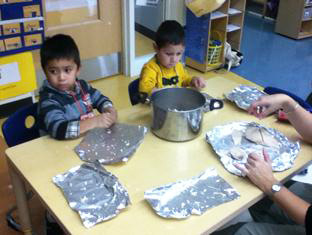
The Tamale Project
Domenica AguileraAnn Reid Early Childhood CenterNaperville, Illinois The title of this project was “Making Tamales.” This project took place at the Ann Reid Early Childhood Center (ARECC) in Naperville, Illinois, where I have been teaching for two years. The children range in age from 3 to 5 years old, and they attend 2.5 hours in…
-
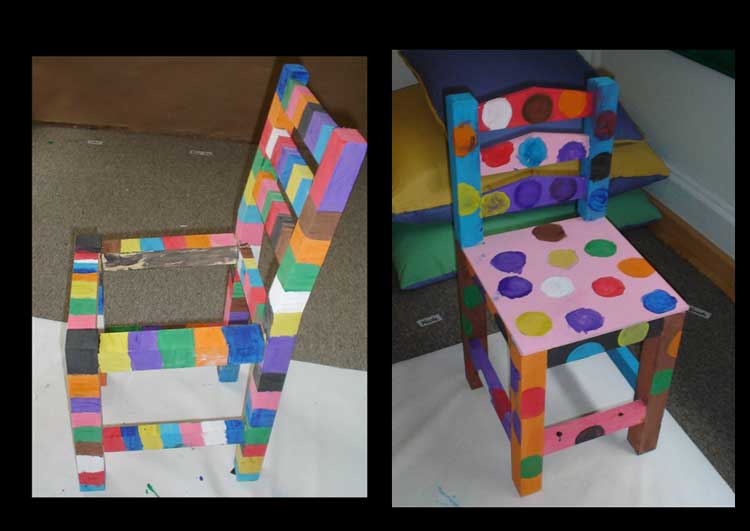
Things to Sit On
Projects are the part of the curriculum that involves children in investigating objects and events around them that are worth knowing more about. Project work is a way of uncovering a subject rather than just covering it. A project focusing on “Things to Sit On” has the potential to involve the entire class from the…
-
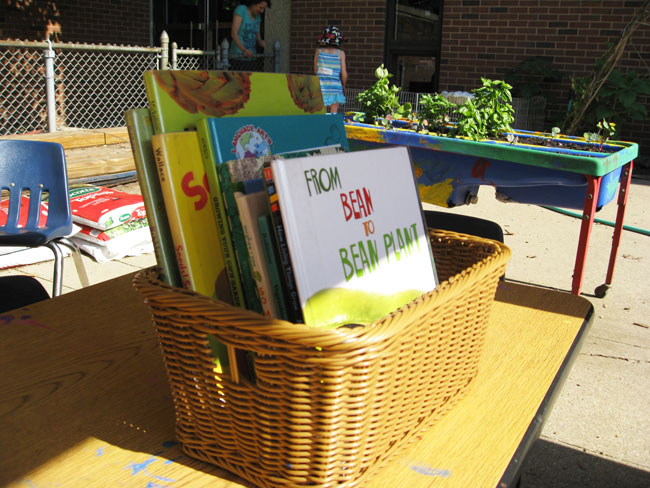
All About Gardens
Projects are the part of the curriculum that involves children in investigating objects and events around them that are worth knowing more about. Project work is a way of uncovering a subject rather than just covering it. A project focusing on gardens has the potential to involve the entire class, the children’s families, and community…
-
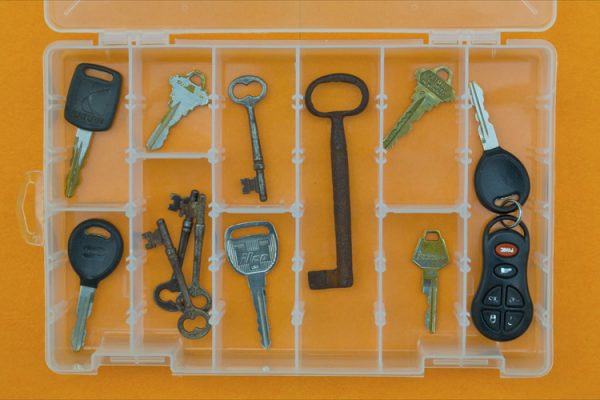
From Door to Door: A Project about Doors and Gates
Projects are the part of the curriculum that involves children in investigating objects and events around them that are worth knowing more about. Project work is a way of uncovering a subject rather than just covering it. Doors are so much a part of our daily lives that we tend to take them for granted.…
-

Investigating Wheels
A project is a part of the curriculum that involves children in investigating objects and events around them that are worth knowing more about. Project work is a way of uncovering a subject rather than just covering it. A project on wheels has the potential to involve the entire class, the children’s families, and community…
-
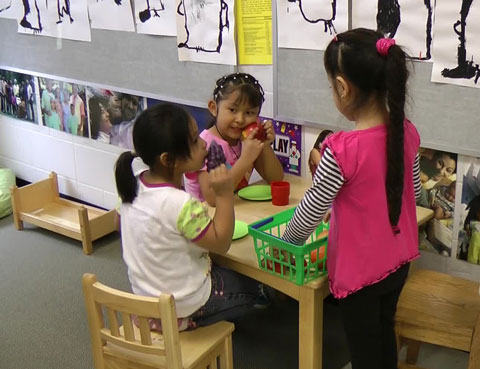
“She Goes First”: Cooperative “Housekeeping” Play
In the clip, Victoria (age 5), Micaela (age 5.7), and Mandi (age 5.8) are engaged in what is sometimes called “housekeeping play.” Speaking in Spanish, they put some of their ideas about family life into action as they pretend to wash dishes, prepare food, and eat together.
-

One Morning at the Construction Table
When children build something, they often address physics problems related to keeping the structure together.
-
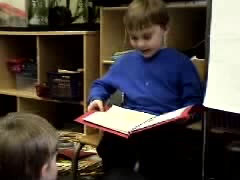
Mack Reads His Book
The teachers have encouraged Mack and his classmates to make their own books related to what they have learned during the project.
-

Learning about a Stethoscope
This video clip depicts interaction between some preschool-age children and a guest expert. The class has been investigating measurement. One small group of children has focused on measurement at the doctor’s office.
-
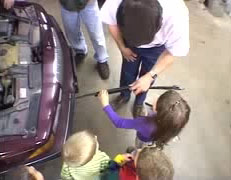
Exploring Windshield Wipers
Children in a mixed-age early childhood classroom at a rural community college were engaged in a study of cars.
-

The Clock Repairman and His Tools
This video clip shows some of the interaction between a preschool class (ages 3–5) and a visiting clock repair specialist.
-

Children’s Votes Count!
Young children who vote on meaningful issues in a classroom learn to participate in decision making in their society.
-
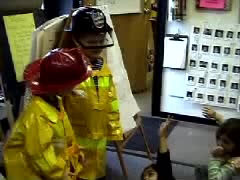
Comparing Firefighter Coats
This preschool class has been investigating fire safety. In this clip, the class has gathered for a group meeting.
-
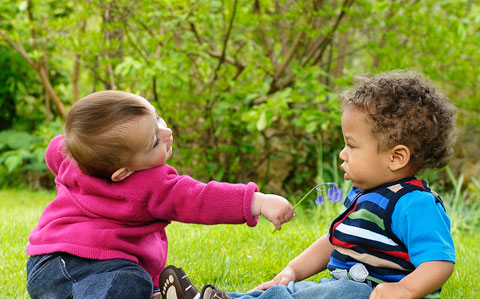
Kids Who Care
“Feeling the feelings of others,” or empathy, is an important part of children’s social and emotional development.
-

It Takes Money: Economics for Preschoolers
Here are some ways to help 4- and 5-year-olds begin learning how people trade money for things they need and want.
-
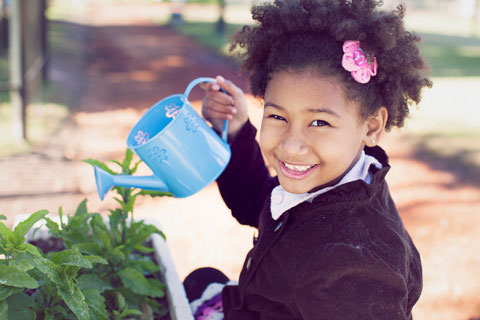
Get Growing: Planning a Garden with Young Children
Here are some first steps for teachers who want to involve a preschool class in gardening—whether indoors, on the rooftop, or on the playground.
-

Who’s the Leader?
Good leaders “take charge” to help people work together on tasks that they couldn’t do alone.
-

Who Are the People in Your Neighborhood?
Teachers can help children understand more about their communities and think about what they might like to do when they grow up by helping children identify a variety of community workers and the many services they provide.
-

Things We Need: Economics for Preschoolers
Here are some teacher-tested ways of introducing economic concepts to preschoolers.
-
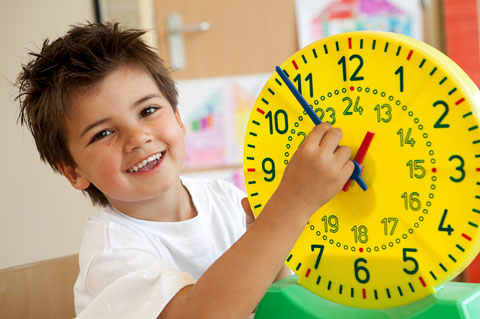
Remember When …
History is the story and record of the past. Children begin to develop a concept of history as they develop the concept of time.
-
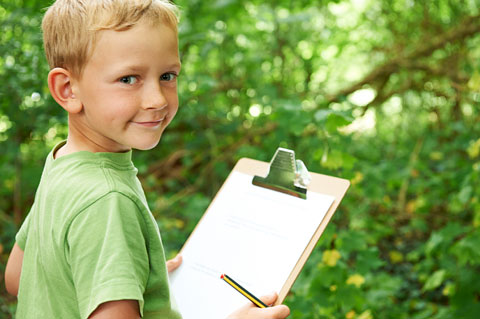
Project Approach: Children Taking Surveys
Surveys are popular sources of information for adults. Young children can also use simple surveys. They can ask others for predictions related to a project or ask about others’ opinions, experiences, and work.
-

Out and About with Preschoolers: The Places You’ll Go!
Go ahead—take those young social scientists outside!
-

Neighborhood Geography with Young Children
Children’s natural curiosity about places is the basis for learning about geography.
-

Math Sense: Learning about Coins
To help 3- and 4-year-olds become more familiar with money, teachers and caregivers can first engage them in investigations of coins.
-
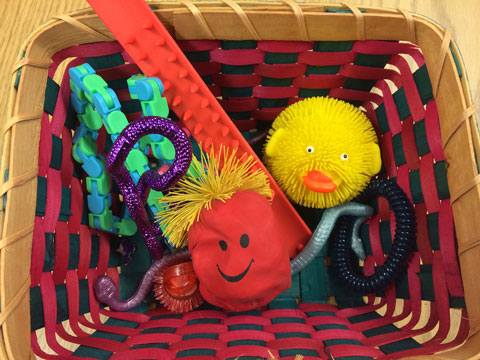
Social Studies Lesson Addressing Benchmark 16.A.ECa
In Mrs. Silva’s and Mr. Chung’s classroom, the children are working on a project that focuses on investigating a local grocery store in their school’s neighborhood. Their project’s guiding question is: “How do people get the food they need in our neighborhood?” In the previous month, the children completed an investigation about a local restaurant.…
-
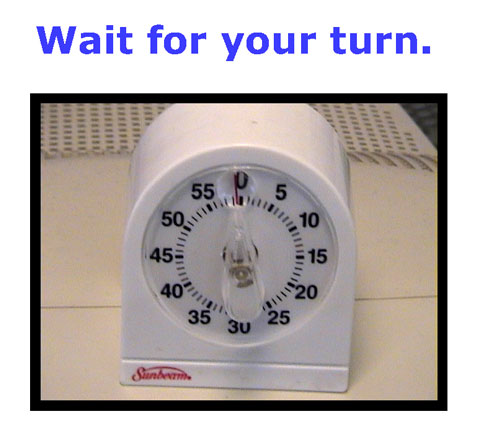
Social Studies Lesson Addressing Benchmark 15.D.ECa
The children in Mrs. Silva and Mr. Chung’s classroom have been involved in a project focused on investigating a local grocery store. Mrs. Silva and Mr. Chung were excited that the children were interested in investigating the grocery store and realized that this investigation would give them an opportunity to include many activities that would…
-
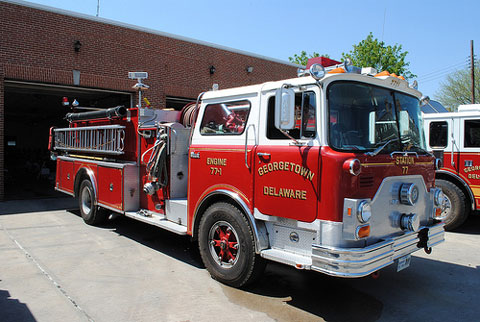
Language Arts Lesson Addressing Benchmark 3.B.ECa
The children in Mrs. Silva’s class are working on a project about community helpers, guided by the question, “Who are the community helpers in our neighborhood?” At the beginning of the project, the children take a walk through their neighborhood and spot a fire station around the corner from their school building. After e-mailing the…
-

Cooperation in the Preschool Classroom: Class Discussions
Class discussions can teach children respect for others, communication skills, how to interact with peers and adults, and how to vote.
-
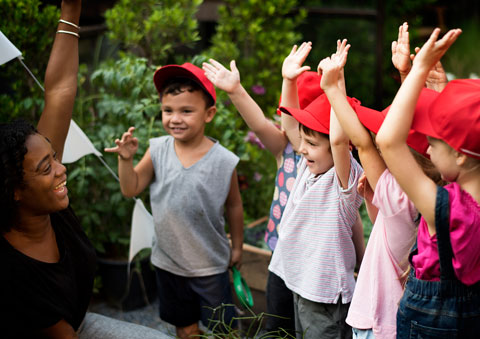
Outdoor Field Trips with Preschoolers: Planning Ahead
Here are some basic preparations that can help make the trip a good experience for all.
-
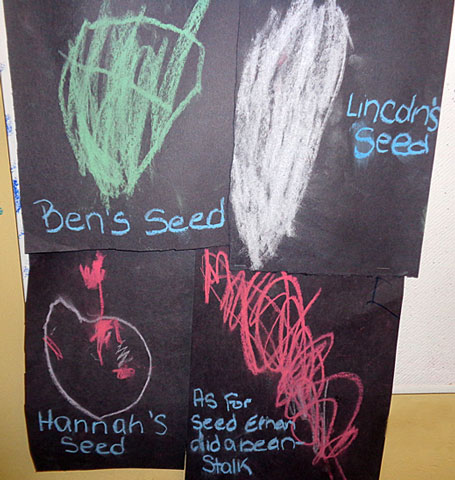
Developing a Class Album
The creation of a class album could work well for the start of the new school year, especially if the children are new to each other and to the teacher.
-
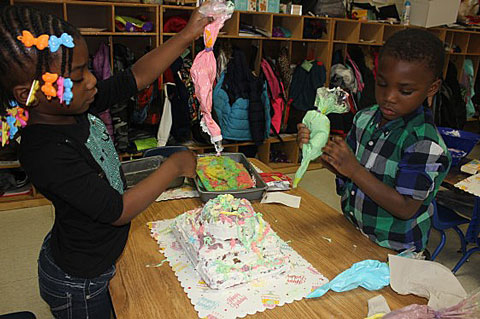
Building an Appetite for Project Work
One main reason for doing projects is to get children into the habit of “unpacking” a topic and of exploring it in depth and, in that way, gaining a sense of mastery of it.



